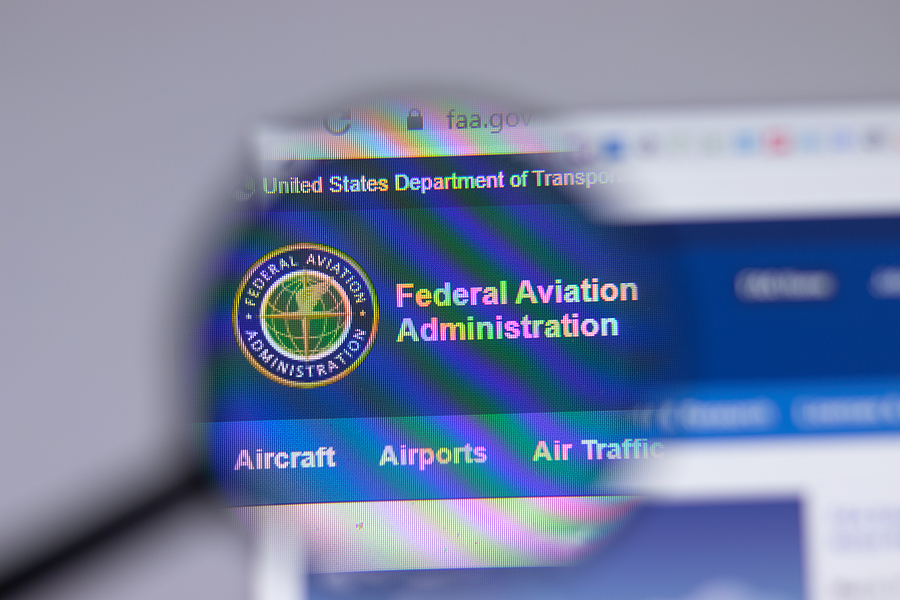The FAA’s Office of Aerospace Medicine (AAM 300) is effectively broken down into four interworking groups[1]:
- Headquarters in Washington, DC
- Civil Aerospace Medical Institute (CAMI) in Oklahoma City
- Ten Regional Flight Surgeon Offices
- Alaskan
- Central
- Eastern
- Great Lakes
- New England
- Northwest Mountain
- Southern
- Southwest
- Western Pacific
- International, Military, and Federal
- Drug abatement program
Each of these offices has a particular focus, but each also has areas of overlap and/or interaction with others. Medical certification of pilots, falls on the Aerospace Medical Certification Division (AMCD) within CAMI and the Regional Flight Surgeon offices. An important thing to understand is that FAA medical certification looks at you a bit differently than your treating physician.
They are looking at you from a risk mitigation perspective. In other words, what are the chances that you will have a sudden or insidious incapacitating event in the next 6 to 60 months, depending on age and class of medical? I am sorry to say, but no, your past 6000 hours of accident-free flight does not help you after a heart attack, stroke, or other significant medical issue. The medical evidence of successful treatment and functional capacity for the next set of desired hours matters.
Regional Flight Surgeons
Regional Flight Surgeon offices are also responsible for AME selection, oversight, and managing the air traffic controller medical certification[1]. In our experience dealing with Regional Flight Surgeons and some of their staff, there can be significant differences in how the regions handle things. Some are heavily involved with airman medical certification, while others are less involved. Some Regional Flight Surgeons will help with over-the-phone approval of cases with excellent documentation.
In contrast, others will never provide an over-the-phone approval, no matter how good the paperwork looks. Some regions have a blanket internal policy that they will not allow any AME offices at or near an airport, regardless of how legitimate a medical office it is. Some regions will enable an office to be at or near an airport so long as it meets the guidelines of the Designee Management Policy.
In our experience, AMCD seems to handle most airman medical certification cases.
Process and Timelines
When you go to an exam with an AME, they are supposed to submit it to the FAA within fourteen days. This is a metric that AMEs will be reviewed on. Consistent poor performance in this metric can even result in loss of designation as an AME.
These fourteen days are critical to understanding because they place the AME in a bind. Specifcally if you have a CACI-eligible condition but fail to prepare before your exam. They could issue your medical if you had the proper paperwork, but you will unlikely get a detailed clinical progress note within that timeline.
FAA has no mandatory timeline for reviewing your exam
Meanwhile, the FAA has no mandatory timeline for reviewing your exam because it is a safety system dealing with a volume problem. We have been told that exam numbers have been increasing at about 10% per year, but physician staff has not been growing at the same rate.
It is commonly thought that the FAA has 60 days to review and make a disposition on your case. The reality is that the FAA has 60 days to overturn your AME’s decision. If your AME issued your medical, but the FAA has significant concerns, they can revoke it within that 60-day timeline.
After that 60-day limit, the FAA has to give you a chance to reply before they can revoke your medical. When the FAA does ask for more information, it comes in the form of a letter and typically only grants you 60 days to respond.
Some cases, such as the use of antidepressant medication and alcohol and/or drug recovery, automatically get reviewed at the Federal Air Surgeon level.
Denials, Reconsideration, and Appeals
Denial letters can sometimes be challenging to comprehend. In speaking with some FAA physicians, any CFR disqualifying condition you have will be listed in the denial letter even if you satisfactorily met special issuance requirements for that particular condition. They may deny you for a non-CFR condition that wasn’t addressed well. On the other hand, the CFR ones will likely be cited in the denial letter.
Typically, a denial letter will mention the ability to request reconsideration. Sometimes, they will even state in the letter that if you provide a specific evaluation from a physician, they will reconsider. The value of the request for reconsideration is that the FAA will generally send you a list of detailed requirements before they will reconsider your case. This is the way you can find out exactly where your submission was deficient and can help with a roadmap to success.
The Definition of an Appeal Can Vary.
The definition of an appeal can vary depending on whom you talk to. A request for reconsideration after supplying and amplifying new information is not a valid appeal, as is being given the chance to submit new data for review.
An appeal asks the FAA to re-review previously provided documentation to reverse their decision. This would be done at the Federal Air Surgeon office level; and tends to be a waste of time.
Sometimes, a potential client will ask us to help with an appeal. We tell them we don’t help with formal appeals to the Federal Air Surgeon office. Every time we review the files, the FAA makes the correct decision based on the information provided.
High-quality documentation is essential.
The issue almost always lies in not providing high-quality documentation showing the individual met certification standards, not in the fact that the FAA made an incorrect decision. In the rare instance where the FAA made an error, we can highlight it for immediate correction, but no formal appeal is required. We have yet to have a physician at AMCD refuse to assist in such a situation.
Understanding the process can go a long way to understanding how to better prepare for your medical certification.
[1] F. S. Briefing, “Who’s Who in the Office of Aerospace Medicine,” Cleared for Takeoff. Accessed: May 12, 2024. [Online]. Available: https://medium.com/faa/whos-who-in-the-office-of-aerospace-medicine-6adf770441ed.





